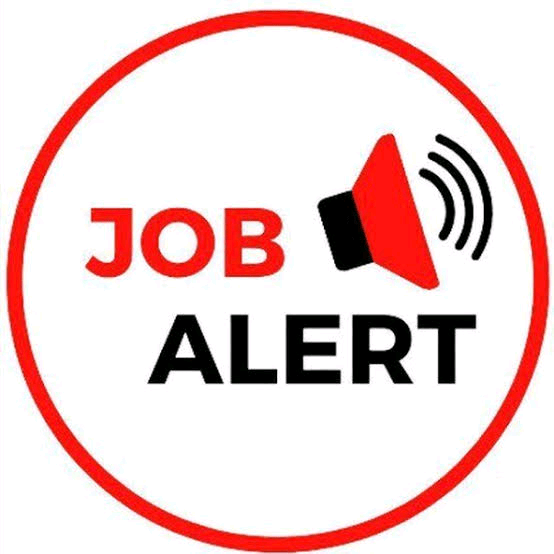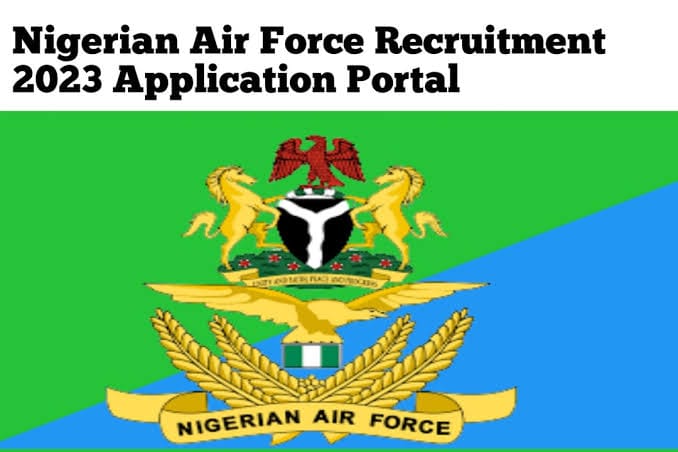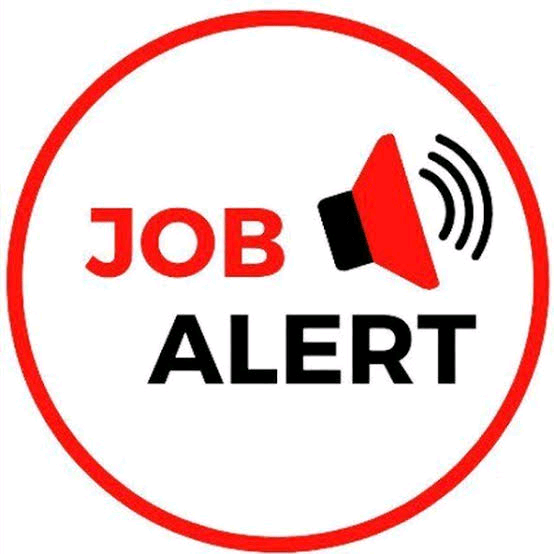A job interview isn’t just about your qualifications on paper — it’s also about the impression you make in person. Your attitude, confidence, communication skills, and professionalism can weigh just as heavily as your education and experience.
Think of an interview as a two-way conversation, not an interrogation. You’re there to learn about the company as much as they’re learning about you. The goal is to see if both sides are a good fit — and preparation is the key to making that happen.
1. Arrive Early (But Not Too Early)
Aim to be there 10–15 minutes before your scheduled time. It shows punctuality without putting the interviewer in an awkward spot if they’re still preparing.
2. Learn and Use the Interviewer’s Name
Knowing how to spell and pronounce their name shows respect and attention to detail. If you don’t know it, call ahead and ask. And don’t forget the receptionist or assistant’s name — they often have influence in the hiring process.
3. Come Prepared With Smart Questions
Have two to three thoughtful questions ready about the role, company culture, or future opportunities. This shows genuine interest and that you’ve done your homework. Avoid asking questions you could have easily found online.

4. Bring the Essentials
Pack:
- Several printed copies of your résumé
- A copy of your transcript (if relevant)
- A pen and small notepad (for after the interview)
Keep everything neat in a folder or portfolio so you look organized.
5. Make a Strong First Impression
- Greet with a firm handshake and a genuine smile
- Maintain natural eye contact (without overdoing it)
- Be polite and confident from the moment you step in
6. Ease Into the Conversation
Let the interviewer guide the pace. A short rapport-building chat at the start can set a positive tone before diving into the questions.
7. Control Your Nerves
It’s perfectly normal to feel anxious. Take a breath, focus on your strengths, and remember — they invited you for a reason.
8. Sell Your Skills (Without Apologizing)
Even if you lack direct experience, highlight your transferable skills, adaptability, and willingness to learn. Position yourself as someone who can solve their problems, not just fill a role.
9. Be Honest
Never exaggerate or make up details. The truth always comes out — and trust, once broken, can’t be repaired.
10. Listen First, Answer Well
Make sure you fully understand each question before answering. If needed, ask for clarification. Keep responses focused, concise, and relevant.
11. Stay Positive
Avoid speaking poorly about past employers, teachers, or colleagues. Hiring managers value loyalty and professionalism.
12. Mind Your Grammar and Clarity
Clear, correct speech leaves a stronger impression than fast but sloppy answers. Take your time if needed.
13. Handle Personal Questions Gracefully
Some interviewers may ask questions they legally shouldn’t. Stay calm, keep your answers professional, and redirect the conversation if necessary.
14. Discuss Salary Only When They Bring It Up
Do your salary research beforehand so you’re ready — but let them initiate the conversation.

15. Don’t Expect an Immediate Offer
Hiring can take time. Often there are multiple interview rounds before an offer is made. Patience is part of the process.
16. End Strong
Close with enthusiasm:
- Thank them for their time
- Ask about next steps
- Leave with a handshake and a smile
17. Always Follow Up
Send a brief thank-you email within 24 hours. Express appreciation for the interview and, if true, reaffirm your interest in the position. This small step can be the deciding factor in a close hiring decision.
Bottom line: A great interview is a balance of preparation, authenticity, and professionalism. Show up ready, be yourself, and treat it like the start of a professional relationship — not just a test to pass.
-Deeprows Vacancies





